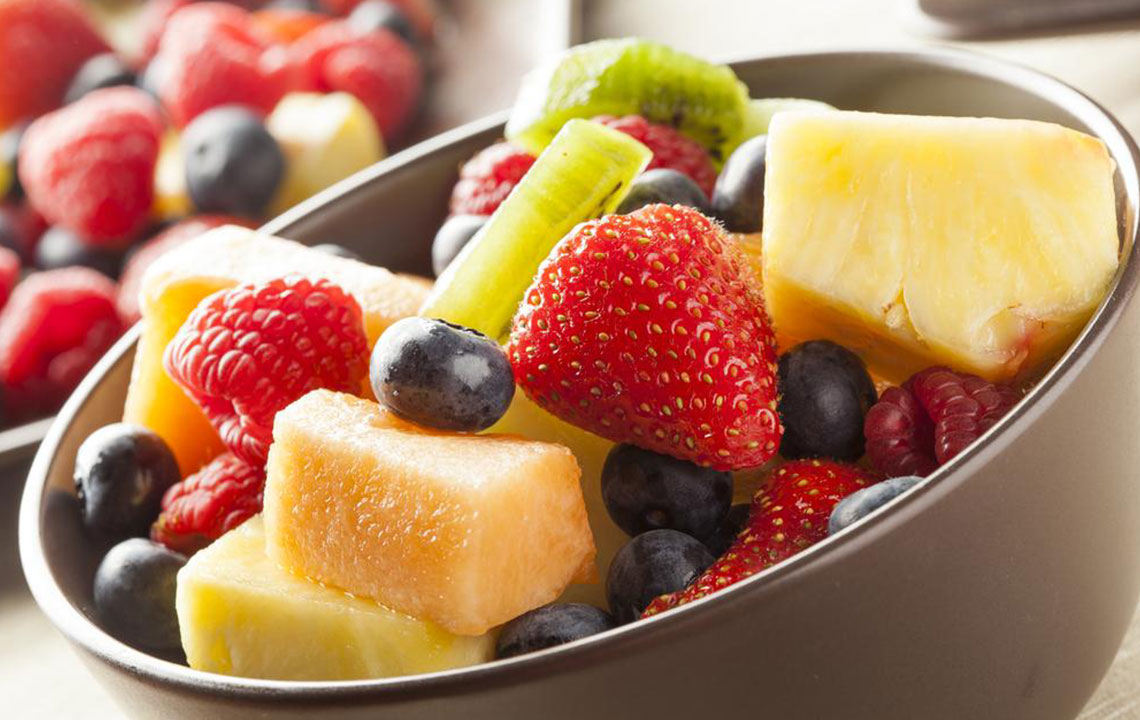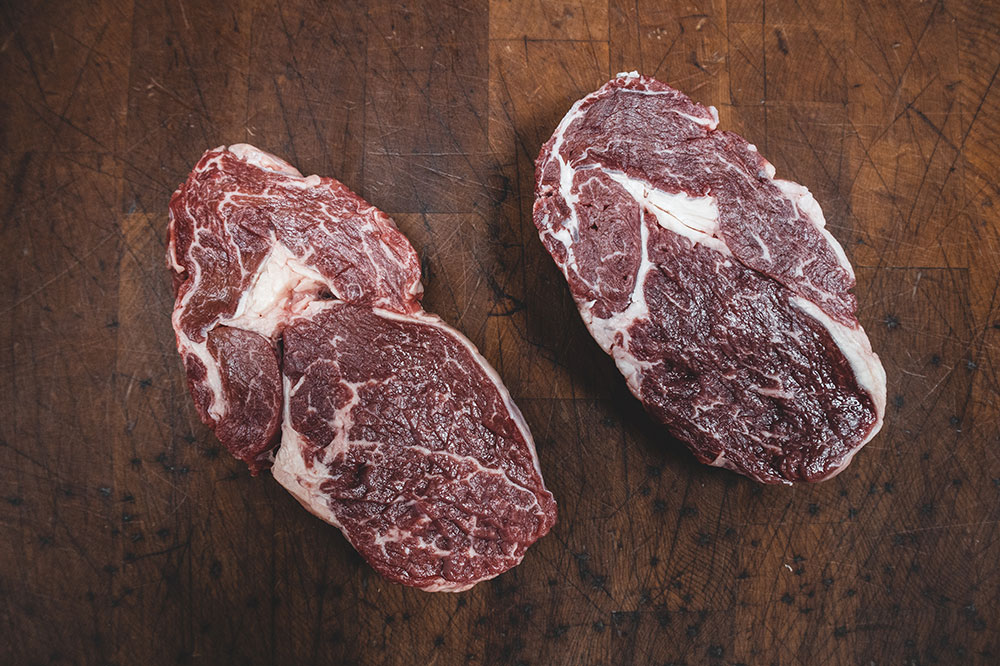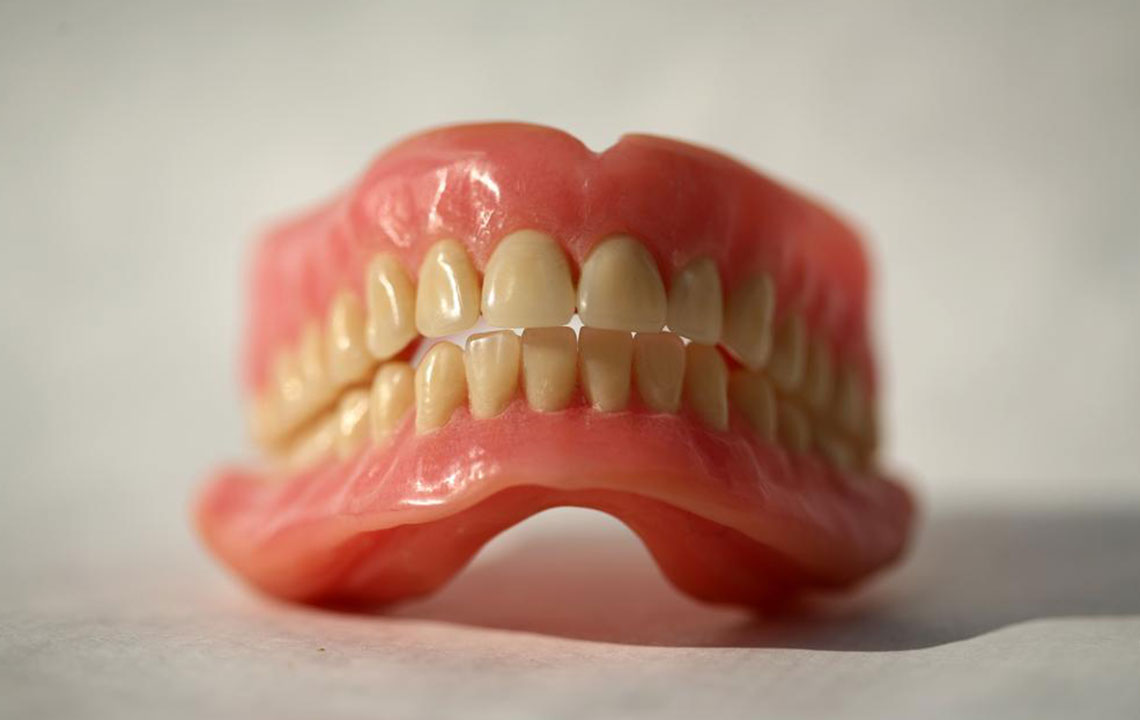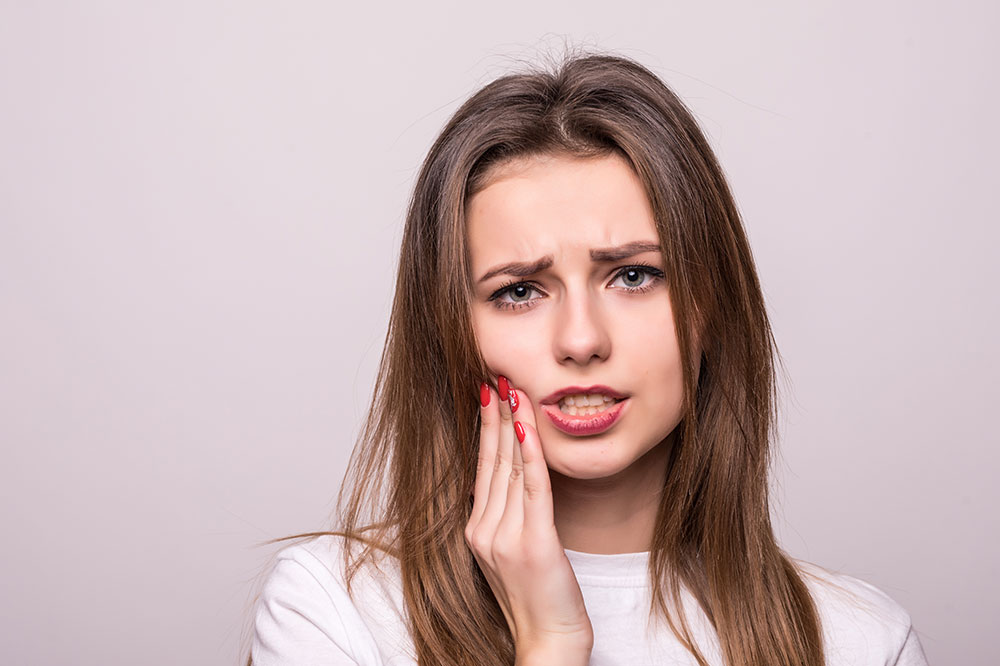Top Foods to Boost Oral Health and Which to Avoid
Discover essential foods to incorporate into your diet for improved oral health and learn which items to avoid. This guide covers nutritious greens, fibrous fruits, dairy, and nuts that strengthen teeth, alongside sugary sweets, processed snacks, and beverages that harm oral hygiene. Make informed dietary choices to protect your teeth and gums for a brighter, healthier smile.
Top Foods to Enhance Oral Hygiene and Harmful Items to Limit
Your nutritional choices significantly impact your overall health and mental well-being. Yet, many overlook the importance of diet in maintaining oral health, risking long-term dental problems. Achieving optimal oral hygiene involves consuming nutrient-rich foods and avoiding those that can damage your teeth and gums. This guide highlights key foods to include in your diet and items to limit for healthier teeth and gums. Implement these tips to support your dental care routine and preserve your smile.
Healthy options to consume
Incorporate various greens, fibrous fruits, dairy, and nuts into your daily meals to promote strong teeth and healthy gums.

Leafy green vegetables
Essential for a balanced diet, greens like spinach, kale, Swiss chard, and turnip greens are packed with calcium and folic acid, vital for dental health. They contain phytochemicals that reduce bacterial growth and help remineralize enamel. Additionally, their low sugar content and chewy texture stimulate saliva production, naturally cleansing teeth surface. Green vegetables serve as a mild abrasive during chewing, aiding in cleaning teeth naturally.
High-fiber fruits
Fruits such as apples, cranberries, oranges, and grapefruits offer fiber and vitamin C. Apples, with their crunchy texture, help clean teeth and boost saliva, reducing infection risk. Cranberries have antioxidant properties that limit plaque formation by inhibiting harmful glucan. Citrus fruits strengthen blood vessels and improve gum tissue health, contributing to better oral immunity.
Dairy products
Rich in calcium and protein, dairy foods like milk, cheese, and yogurt help reinforce tooth enamel and resist erosion. The protein casein in dairy reduces bacterial acid effects, protecting teeth from decay. Yogurt, with probiotics, supports gut health and immune response, which benefits oral health. Dairy also helps optimize mouth pH levels, fostering a healthier environment for teeth and gums.
Nuts and seeds
Nuts such as almonds, cashews, and peanuts are great sources of calcium, phosphorus, and healthy fats. These nutrients strengthen enamel, making teeth less susceptible to cavities and acids. Regular consumption of soaked nuts can provide a protective barrier against dental issues.
Foods and drinks to avoid
Preventing dental damage involves steering clear of certain foods and beverages that promote decay and staining.
Sugary and sticky candies
Confections high in sugar, especially sticky candies like caramel and taffy, trap residues between teeth. Bacteria metabolize sugar, releasing acids that erode enamel and cause cavities. Limiting these foods helps prevent plaque buildup and gum disease.
Sweetened, caffeinated, and carbonated drinks
Many commercial beverages contain artificial sugars and acids, which stain teeth and foster bacterial growth. Carbonation can accelerate decay, and alcohol dries out the mouth, reducing saliva needed to wash away debris. Choose water or unsweetened beverages for better oral health.
Processed snacks like chips and crackers
Starchy snacks tend to stick between teeth, serving as breeding grounds for bacteria. The lingering food particles increase cavity risk and tartar formation.
Dried fruits
While healthy in moderation, dried fruits like dried apricots, cherries, or candied ginger are sticky and high in concentrated sugars. They can leave debris on teeth, leading to plaque accumulation and potential cavities.
Note:
Our articles aim to provide valuable insights into dental health and nutrition. While well-researched, they should not replace professional dental advice. We disclaim responsibility for any discrepancies or outdated information, and always recommend consulting dental professionals for personalized care. Also, some promotional schemes may vary and might be more beneficial than information provided here.










